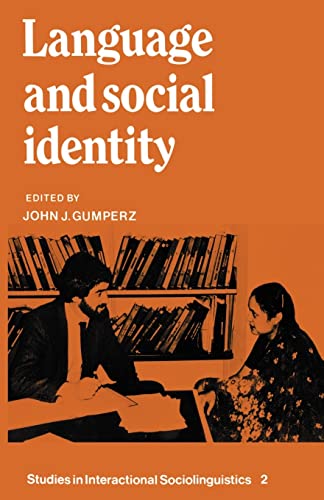
Ĭampbell-Kibler, Kathryn, Podesva, Robert, Campbell, Sarah and Wong, Andrew (eds) (2002) Language and Sexuality: Contesting Meaning in Theory and Practice. Ĭameron, Deborah (1985) Feminism and Linguistic Theory. Grazer Philosophische Studien 97(1): 31–62. īurnett, Heather (2020) A persona-based semantics for slurs. In this, the final chapter, we will consider how people, working within the constraints imposed by a gender order and by the linguistic practices of their communities, assemble the various resources in this linguistic toolbox to fashion selves that they can live with.Burnett, Heather (2019) Signalling games, sociolinguistic variation, and the construction of style.

Up until now, we have talked separately about different aspects of linguistic practice. And as the constraints change, so do the resources in the toolbox. But these constraints are not set for all time, and it is people's day-to-day actions that make them change. One can look upon gender as a set of constraints that one embraces or simply accepts, that one struggles within, or that one struggles against. We have outlined the range of choices a speaker has at the moment of any utterance, the kinds of constraints there are on those choices, and the possibilities of interpretation and reception once that utterance is launched into the discourse. And gender practices are not only about establishing identities but also about managing social relations.Īll of the linguistic practices we have discussed in the previous chapters can be thought of as constituting a conventional toolbox for constructing gender identities and relations.

Gender is a set of practices through which people construct and claim identities, not simply a system for categorizing people.


Throughout this book, we have been emphasizing that gender is not part of one's essence, what one is, but an achievement, what one does.


 0 kommentar(er)
0 kommentar(er)
